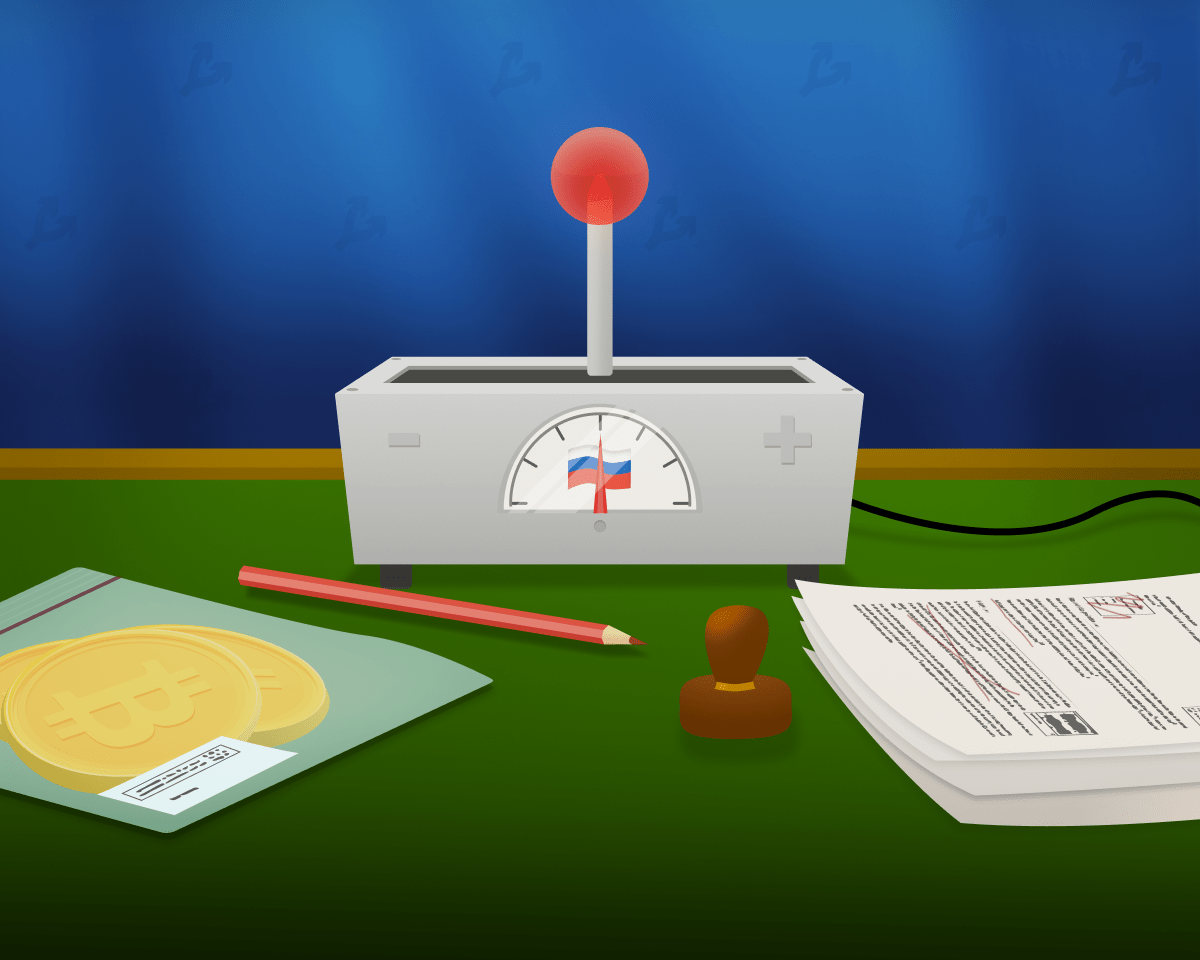The Russian draft law on the taxation of transactions with digital assets contains provisions on VAT, personal income tax and corporate tax.
For ForkLog in particular, Sergey Leoshko, CEO of Yunf Companion, and Maria Agranovskaya, managing partner at law firm Grad, analyzed the requirements that authorities impose on CFA holders.
VAT
The services of organizations that will issue, audit and keep records of CFA applications are exempt from VAT by analogy with securities.
However, the sale of DFA itself is subject to VAT. The same principle was applied to the precious metal sales made by banks to individuals until March 9, 2022.
“These norms have significantly reduced the investment attractiveness of precious metals in the eyes of investors. Apparently, the authors of the bill find the digital asset market so attractive that even 20% VAT will not be able to cool this interest, ”says Sergey Leoshko.
All features of VAT calculation are preserved if digital assets are used in foreign trade transactions, with the participation of agents and in other special cases in terms of this tax.
VAT payers will be any legal entity that carries out primary issuance or secondary transactions with the CFA.
income tax
Income from the sale or ownership of digital assets must be included in the income tax base.
Expenses related to maintenance, payment or amortization of income to the asset owner may be taken into account when calculating corporate tax.
Rules are established for one-off and uniform (over the life of the various CFAs) accounting of expenses for income tax purposes. In the event that the organization is the last owner, there is a procedure for accounting for VAT expenses paid on the purchase of an asset.
The specifics regarding the determination of the tax base for the transactions made with CFA will be determined separately. Such assets will not be revalued for corporate tax purposes.
“The draft law provides the characteristics of the issue and transfer of CFAs by analogy with the issue and transfer of securities, including similar restrictions. For example, revenues from the issuance of digital financial assets with an undefined maturity or more than 10 years are recognized on the expiration date of the ten-year period from the issue of these assets,” explains Maria Agranovskaya.
Profit or loss from CFA transactions can be determined separately from the total tax base, together with transactions with non-tradable securities and non-tradable derivative financial instruments.
There is the possibility of hedging using DFA and other special circumstances related to the use of such assets.
personal income tax
Income from transactions with DFA, acquisition and transaction costs should be determined clearly. However, the invoice also includes the requirement to document such expenses.
“What documents can confirm the expenditure on the purchase of digital assets, the changes are not decrypted. In the absence of supporting documents, the right to deduction (contingent expenses of 20% of the income amount) is expressly prohibited by the invoice. There is still hope for official statements on how to document the costs of CFA purchased in 2021 and earlier, ”says Sergey Leoshko.
In the official circulation of the CFA in the Russian Federation, it will be possible to include in expenses the commissions of exchangers, operators, fees for services of registrants, banks and other future participants.
At the same time, according to the bill, losses from digital transactions can only be deducted from income from other similar transactions – it will not be possible to reduce other taxable income with personal income tax. It is also necessary to separately account for income associated with the ownership of assets, for example, coupon or interest income, dividend payments to owners and others.
In general, the procedure introduced is similar to the rules for personal income tax on income from the trading and holding of securities. The costs of DFA, which will be received at the redemption of securities, can be deducted from the income from these securities, but these and other special circumstances are best analyzed in advance.
Income and expenses related to transactions in foreign currency must be converted into rubles at the official exchange rate of the Central Bank of the Russian Federation at the date of actual receipt of the income or expenses.
All taxpayers of the Russian Federation must declare and pay personal income tax on income from transactions with the CFA, in accordance with the currently existing norms of the Tax Code. The draft law will set out the obligations of tax agents for legal entities regarding income from CFA they pay to individuals.
“Of course, this will make the life of individuals easier, because all the features of tax calculations, as well as the transfer of personal income tax itself, will be assigned to organizations that officially work with the CFA. The important thing is the emergence of such organizations,” the lawyers summarize.
Solution
The introduced amendments are intended to provide clear rules for taxation of income from transactions or holding a CFA. Although the draft law enters into force one month after its publication, it envisages the retrospective application of the new tax rules to the legal relationships that arose as of January 1, 2022.
At the same time, experts recommend examining the impact of the document on each specific transaction separately.
Earlier, ForkLog reported that the tax bill on digital assets did not affect the cryptocurrency market in the Russian Federation.
The taxation of transactions with cryptocurrencies will be determined separately and can be adopted in parallel with the bill “On digital currency”.








:quality(85)//cloudfront-us-east-1.images.arcpublishing.com/infobae/L7X4FMDB5RB7TCHNLPWO7RRQMU.jpg)



